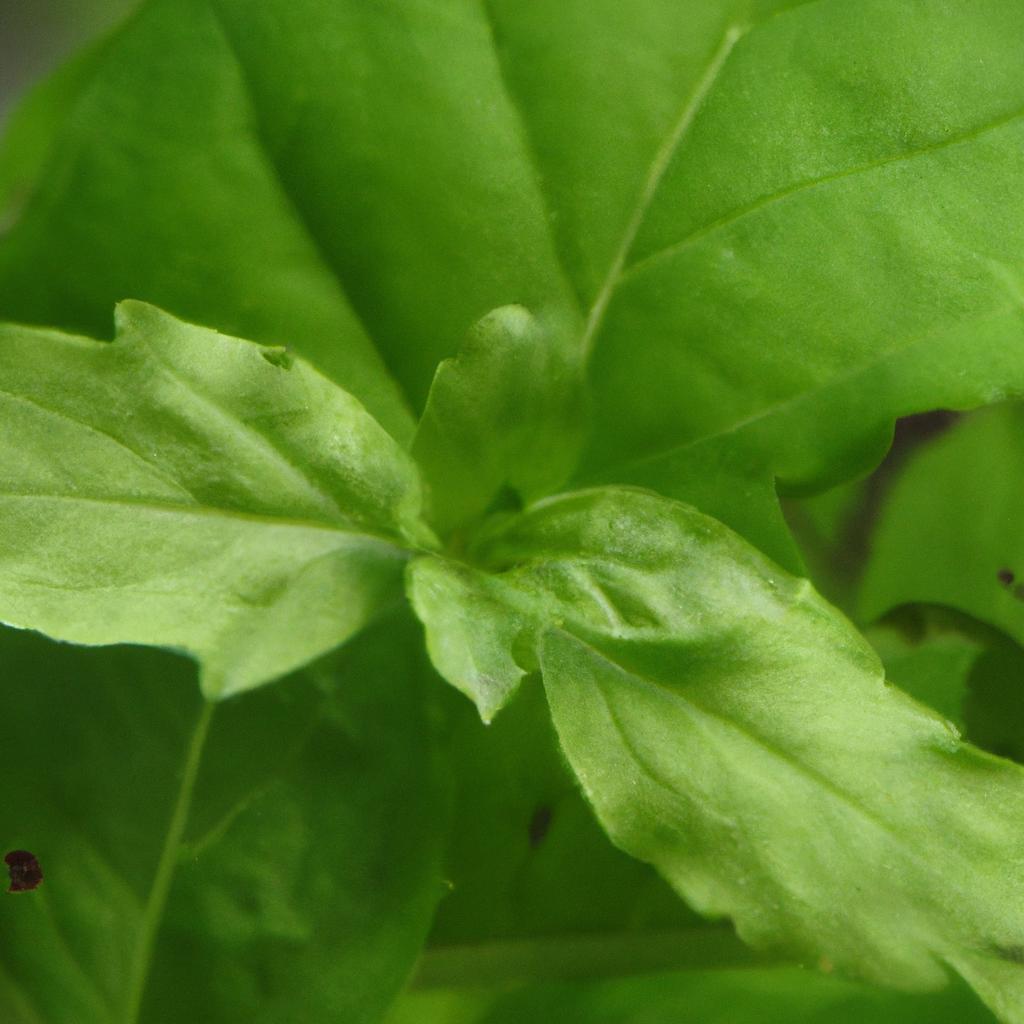Are you a food lover seeking to enhance the flavors of your dishes? Or do you yearn to incorporate more natural remedies into your daily life? Growing garden herbs is the perfect solution. Join us as we delve into a beginner’s guide on the cultivation and utilization of these incredible plants.
Popular Garden Herbs
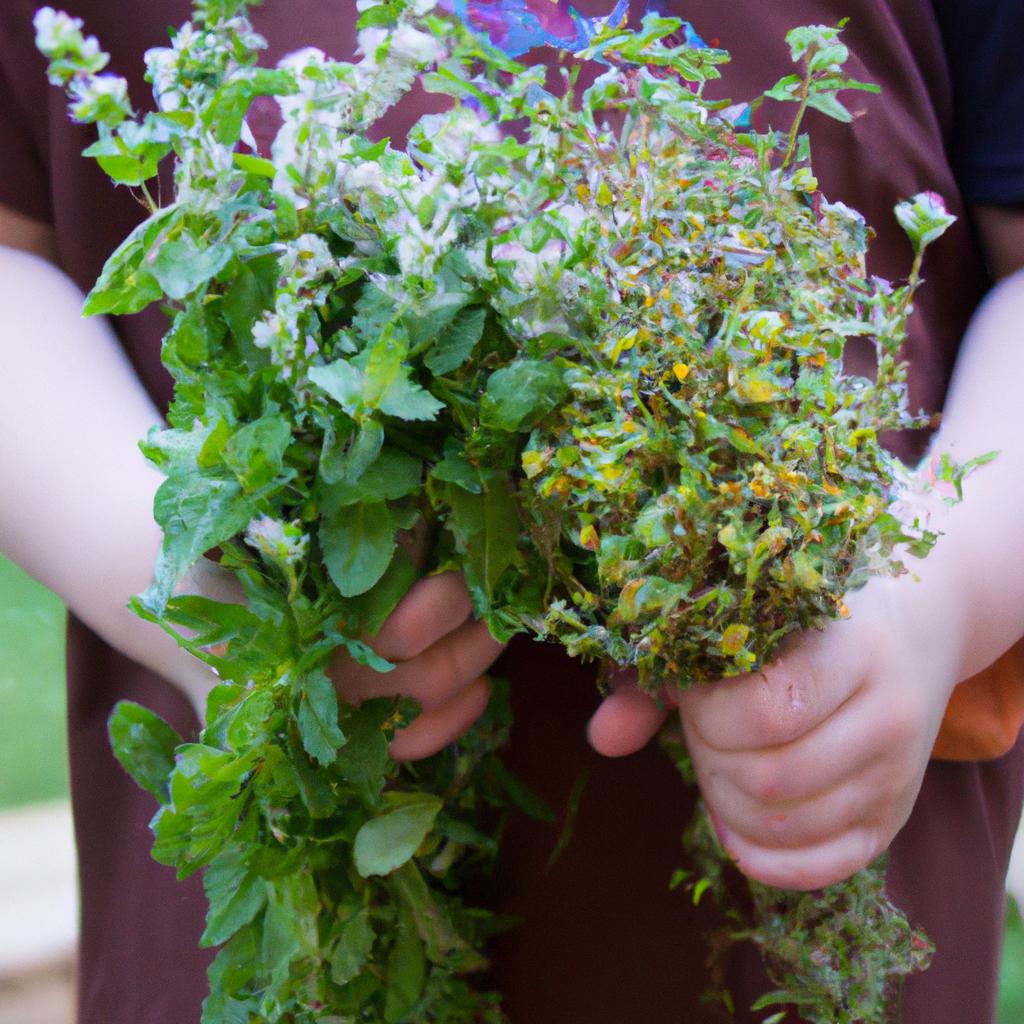
Countless garden herbs offer unique flavors and medicinal properties. Let’s explore some of the most popular options:
Basil
Basil is a versatile herb found in Italian and Thai cuisines. Its sweet, slightly peppery flavor pairs wonderfully with tomatoes, mozzarella, and olive oil. Studies even suggest that basil possesses anti-inflammatory and antibacterial properties.
Rosemary
Used widely in Mediterranean dishes, rosemary boasts a distinctive pine-like flavor. It complements lamb, potatoes, and roasted vegetables perfectly. Additionally, rosemary is believed to enhance memory and concentration.
Thyme
With its fragrant aroma and slightly minty taste, thyme is a staple in French and Mediterranean cuisines. This herb adds depth to chicken, fish, and vegetable dishes. Moreover, thyme is said to possess antioxidant and anti-inflammatory properties.
Sage
Sage’s slightly sweet and earthy flavor makes it a popular choice in Italian and Mediterranean cuisines. Pair it with pork, chicken, or roasted vegetables for a delightful culinary experience. Sage is also known for its anti-inflammatory and antioxidant properties.
By cultivating these garden herbs, your culinary repertoire will expand exponentially.
Growing Garden Herbs
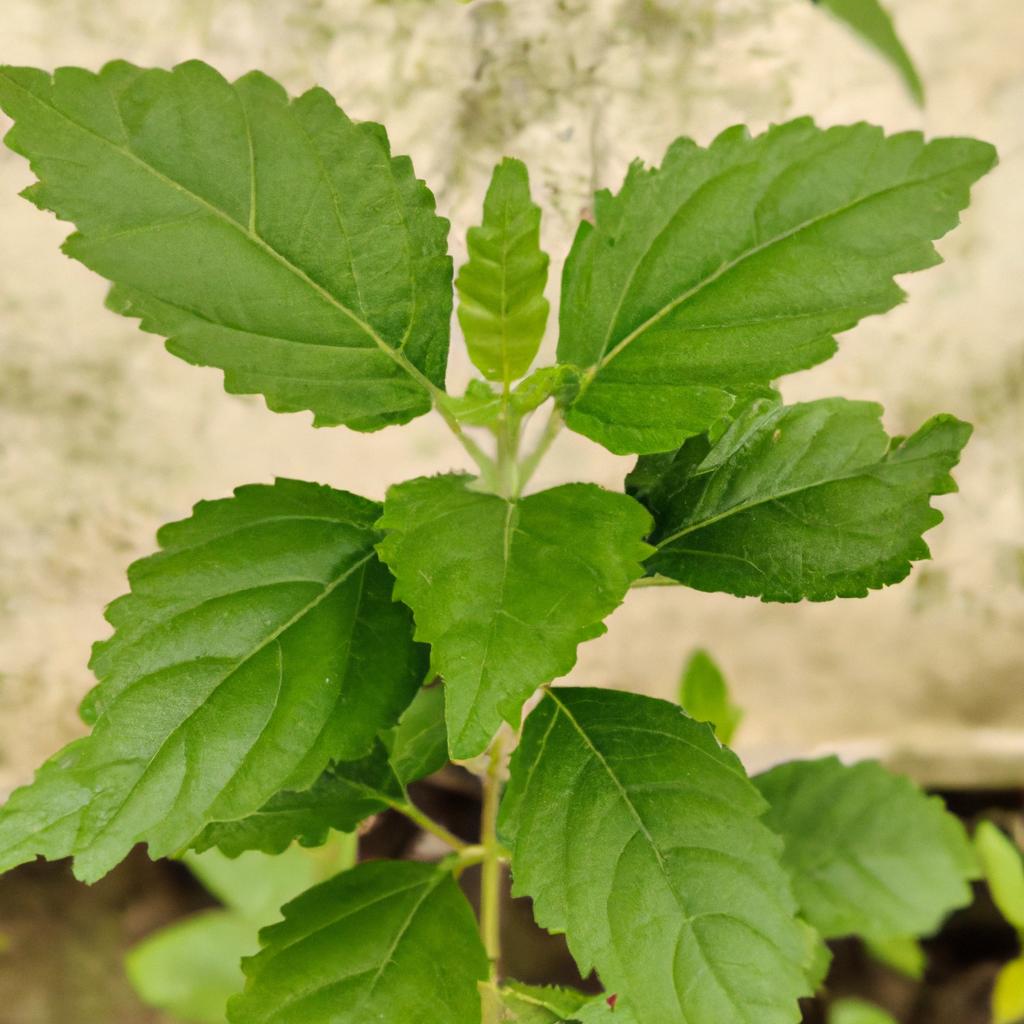
Now, let’s explore the keys to growing garden herbs successfully.
Choosing the Right Location
Most garden herbs require at least six hours of direct sunlight daily. When selecting a location, ensure ample sunlight exposure and proper drainage.
Soil and Fertilizer
Garden herbs thrive in well-draining soil with a pH between 6.0 and 7.0. Before planting, enrich the soil with compost or organic matter to improve its quality. Additionally, applying a balanced fertilizer every 4-6 weeks during the growing season will ensure your herbs grow strong and healthy.
Follow these simple guidelines, and soon you’ll be cultivating garden herbs like a pro.
Steps to Growing Garden Herbs
Here are the steps to follow when growing garden herbs:
- Start with quality herb seeds or seedlings from a reputable source.
- Plant the seeds or seedlings according to the instructions provided.
- Keep the soil moist but not waterlogged by watering regularly.
- Apply a balanced fertilizer every 4-6 weeks to promote healthy growth.
- Regularly prune your herbs to encourage bushier growth.
- Watch out for common pests like aphids and diseases like powdery mildew.
Common Pests and Diseases
Keep an eye out for these common pests and diseases that may affect your garden herbs:
Pests
- Aphids: Small, soft-bodied insects that feed on plant sap.
- Spider mites: Tiny mites that sap the life out of plants.
- Whiteflies: Winged insects that feed on the undersides of leaves.
Diseases
- Powdery mildew: A fungal disease that coats leaves with a white, powdery substance.
- Root rot: A fungal disease that causes roots to rot, potentially killing the plant.
- Rust: A fungal disease that manifests as orange or yellow spots on leaves.
By regularly monitoring your garden, you can prevent or treat these issues and ensure a bountiful harvest.
Harvesting Garden Herbs
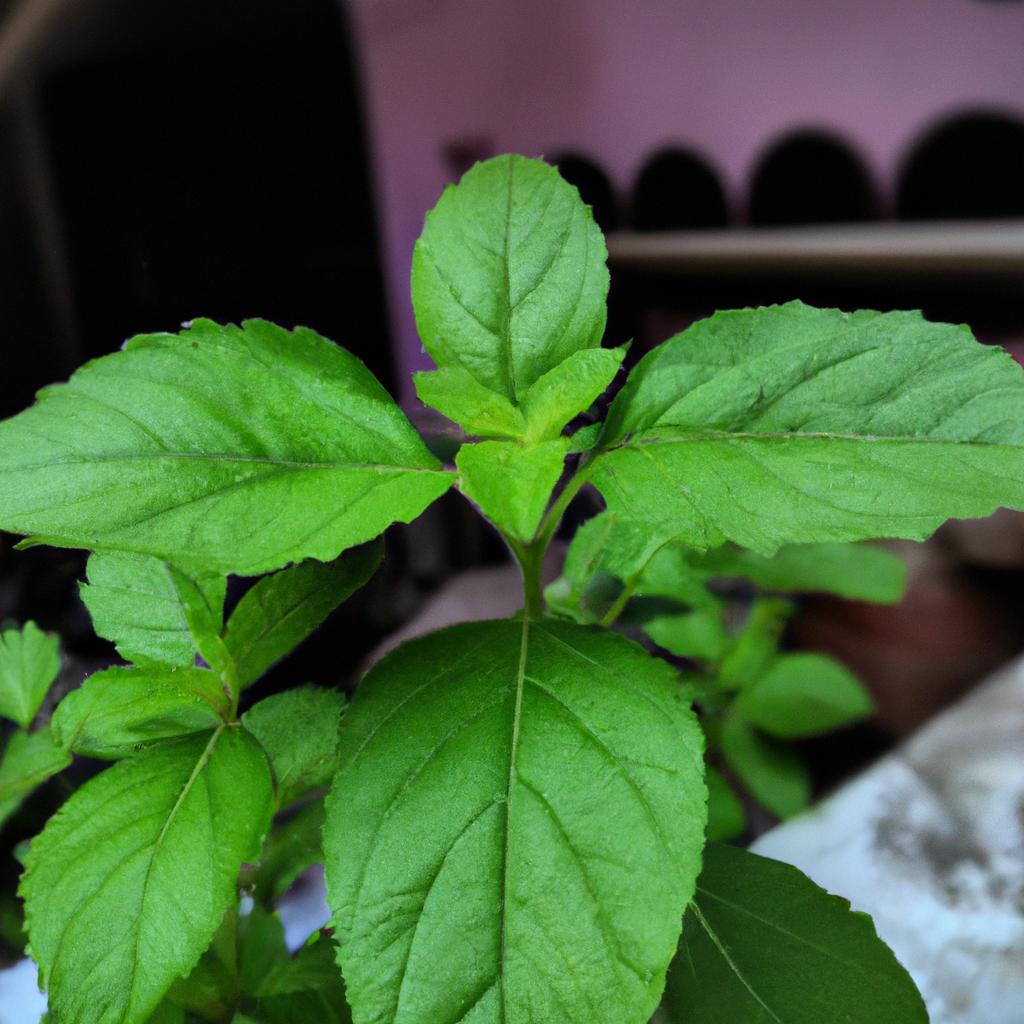
Knowing the best time to harvest garden herbs is crucial to maximize their freshness and flavor.
Best Time to Harvest Garden Herbs
The ideal moment to harvest garden herbs is in the morning, after the dew has dried but before the sun becomes intense. This is when the herbs are at their freshest and most flavorful.
Different Methods of Harvesting Garden Herbs
When it comes to harvesting garden herbs, there are a few methods you can employ:
- Pinching: Gently pinch off leaves or stems with your fingers or pruning shears.
- Cutting: Use a sharp knife or scissors to cut stems just above a leaf node.
- Trimming: Trim back the entire plant to encourage bushier growth.
How to Store Garden Herbs Properly
Follow these steps to store your garden herbs properly:
- Rinse the herbs gently and dry them thoroughly.
- Wrap the herbs in a damp paper towel or store them in a perforated plastic bag.
- Place the herbs in the refrigerator, where they’ll stay fresh for up to one week.
Alternatively, you can freeze your herbs by chopping them up and placing them in ice cube trays with a little water. Once frozen, transfer the herb cubes into a freezer bag for longer storage.
By harvesting and storing your garden herbs properly, you can enjoy their flavors and health benefits even after the growing season ends.
Culinary Uses of Garden Herbs
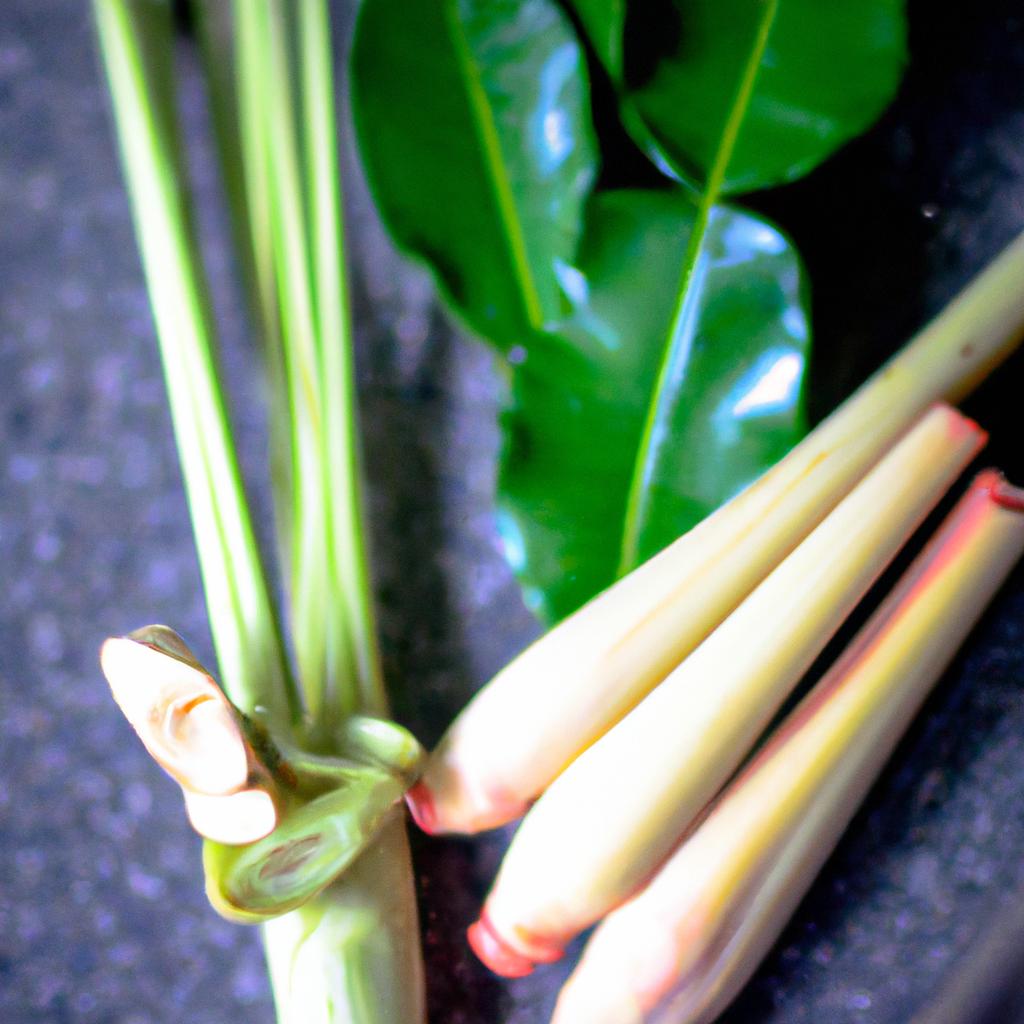
Garden herbs are incredibly versatile and can transform your culinary creations. Here are a few ways to use them in your cooking:
Fresh or Dried
Depending on your preference, herbs can be used either fresh or dried. Fresh herbs offer a more potent flavor, while dried herbs have a milder taste. As a general rule, when substituting dried herbs for fresh, use one-third of the amount specified.
Infused Oils and Vinegars
Infused oils and vinegars are fantastic ways to incorporate herb flavors into your dishes. Simply add fresh herbs to a bottle of olive oil or vinegar, and allow the flavors to infuse for a few days.
Herbal Butter
Herbal butter is a fantastic way to add flavor to your meals. Mix softened butter with chopped herbs, salt, and pepper, then spread it on bread or melt it on your favorite dishes.
Herbal Tea
Enjoy the health benefits of garden herbs through herbal teas. Steep fresh or dried herbs in hot water for several minutes, strain, and savor the soothing flavor.
When combining garden herbs with various dishes, the possibilities are endless. Here are some classic pairings to consider:
- Basil with tomatoes and mozzarella
- Rosemary with lamb and potatoes
- Thyme with chicken and fish
- Sage with pork and roasted vegetables
Conclusion
In conclusion, garden herbs not only enhance the flavors of your dishes but also offer numerous health benefits. By growing your own herbs, you’ll have access to fresh, organic ingredients all year round. Start your herb garden today and discover the joys of cooking with fresh garden herbs. Happy gardening!
This article is brought to you by TooLacks, where we believe in the power of fresh ingredients and the joy they bring to your culinary experiences.
